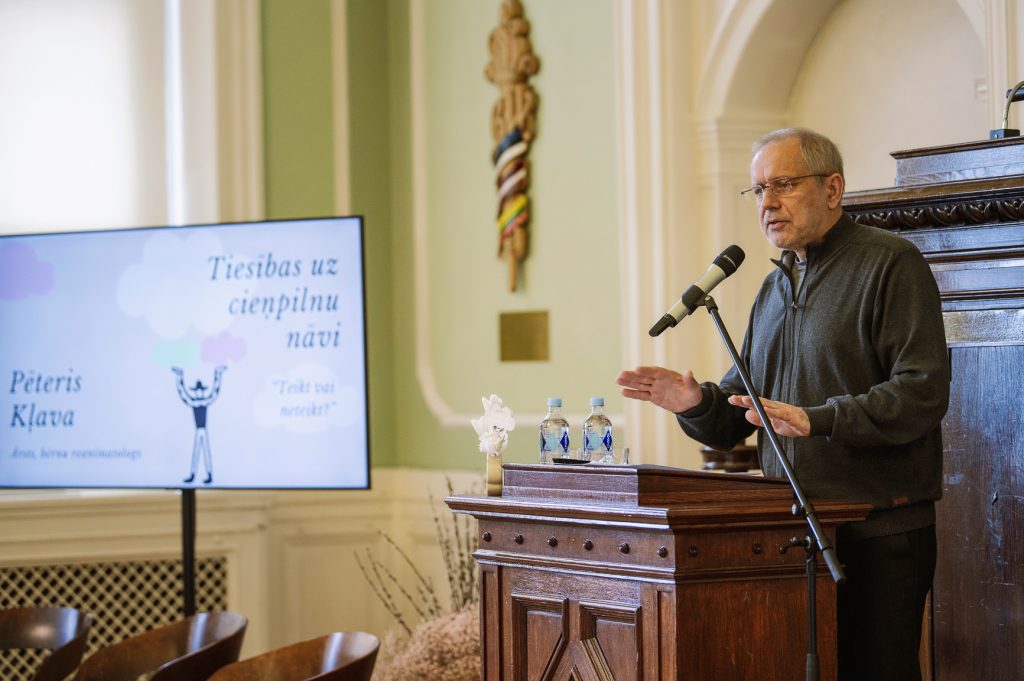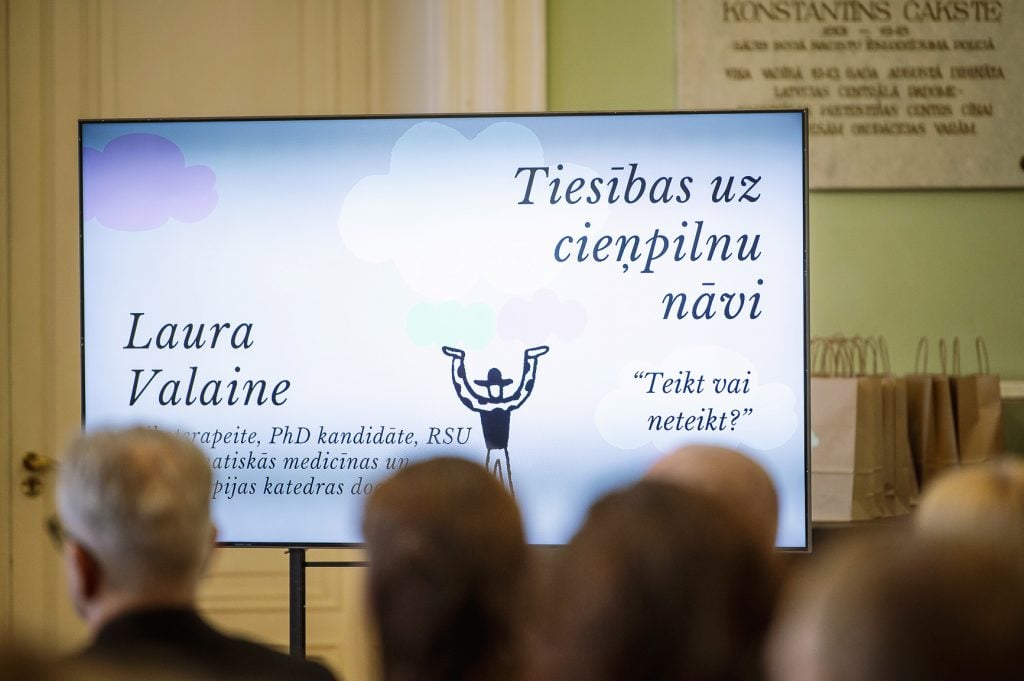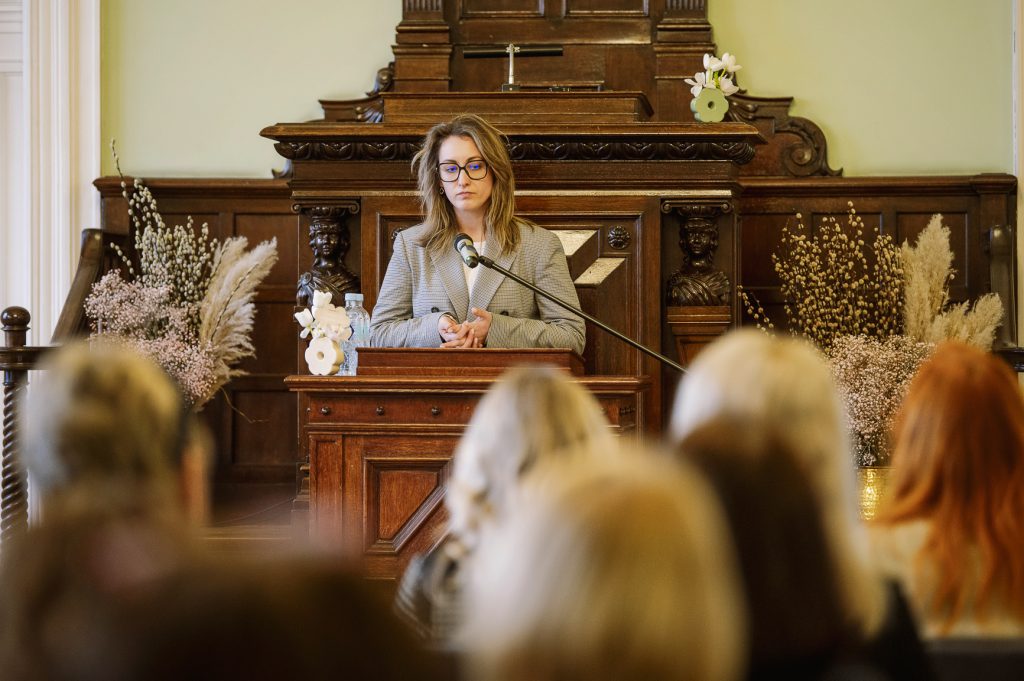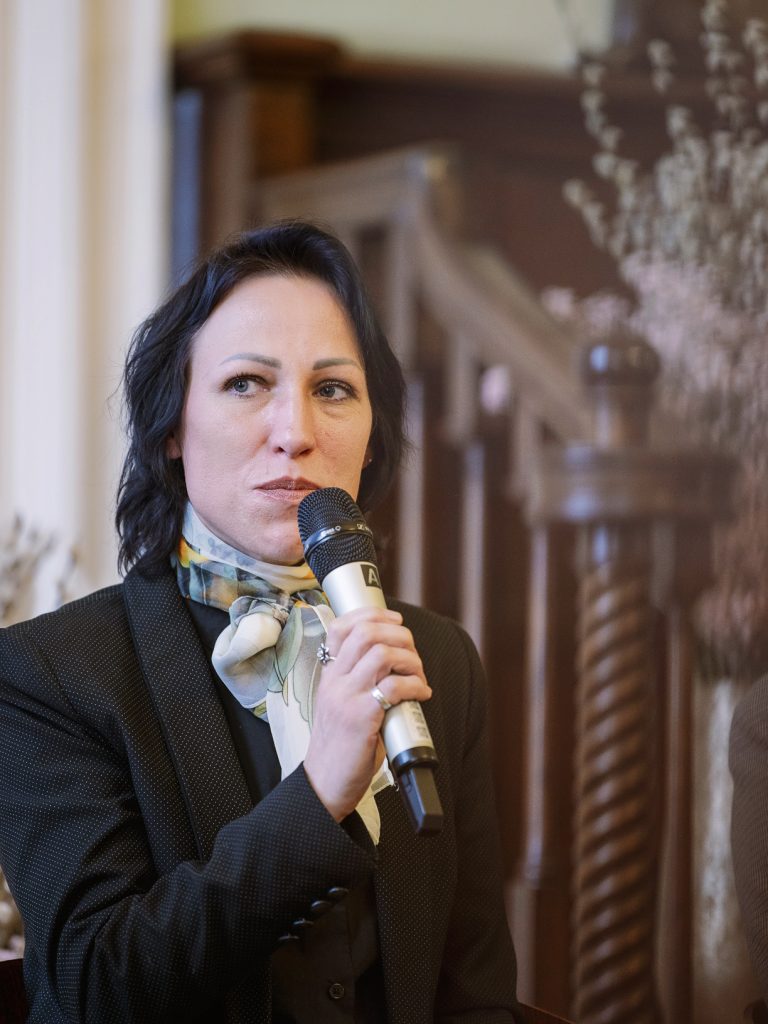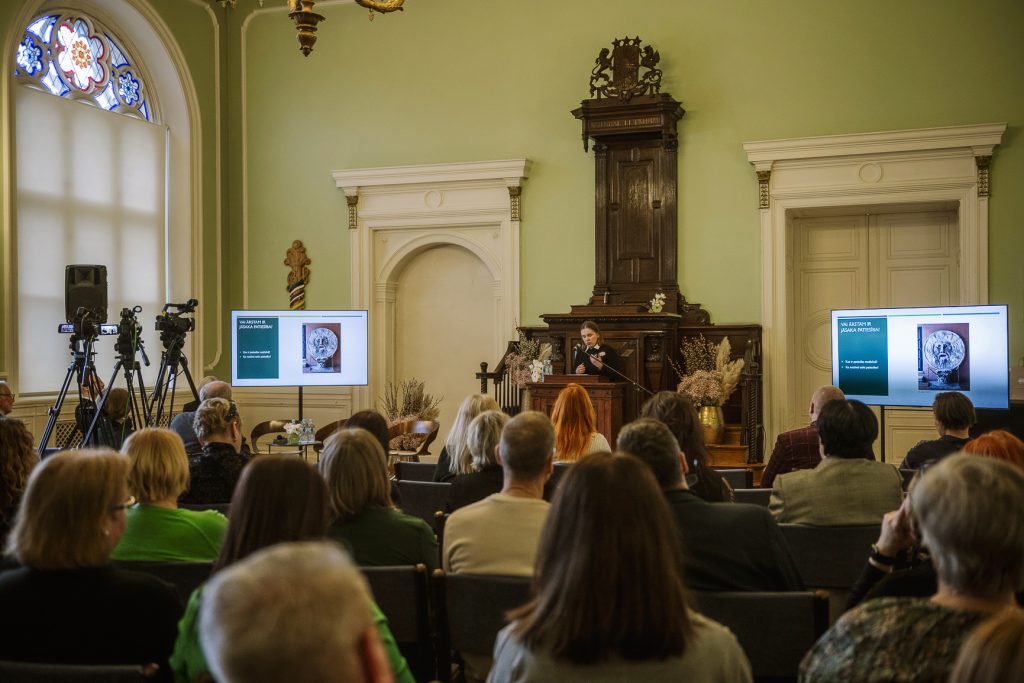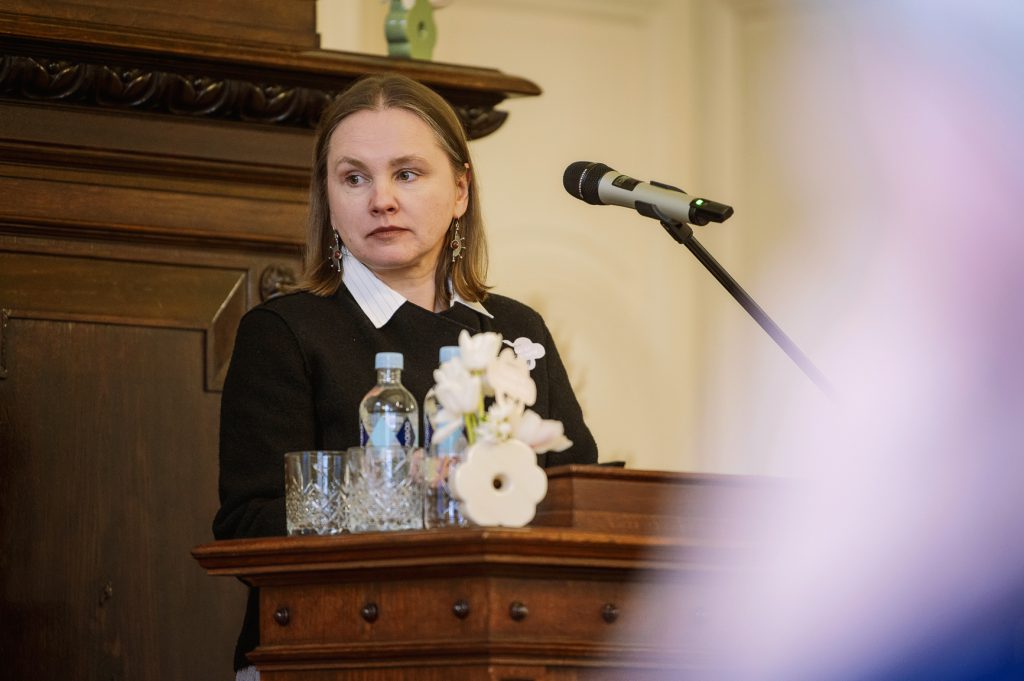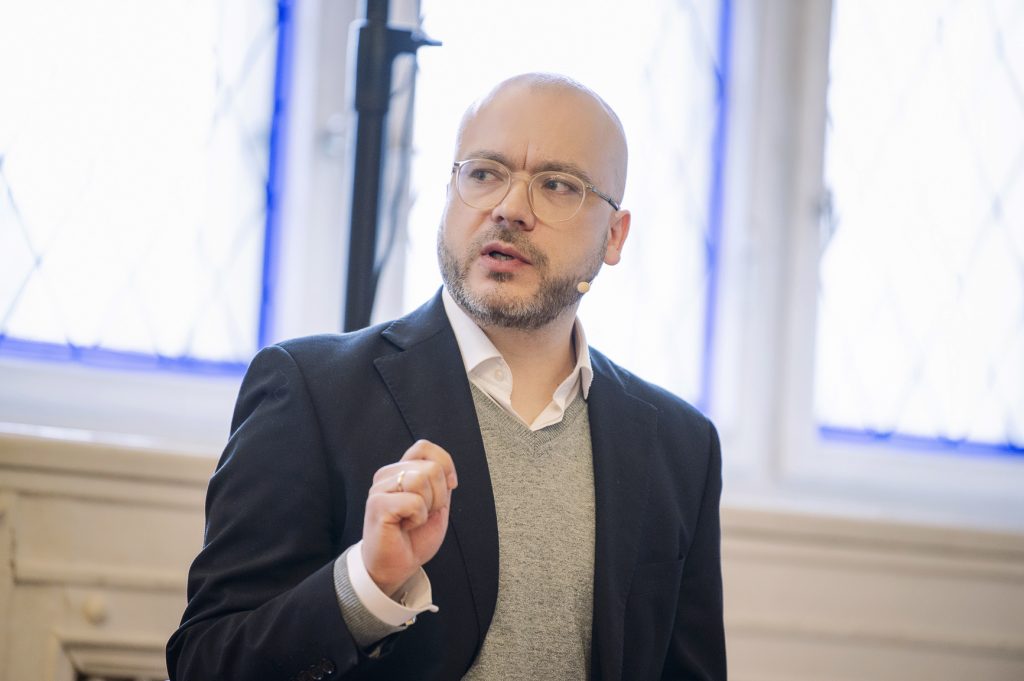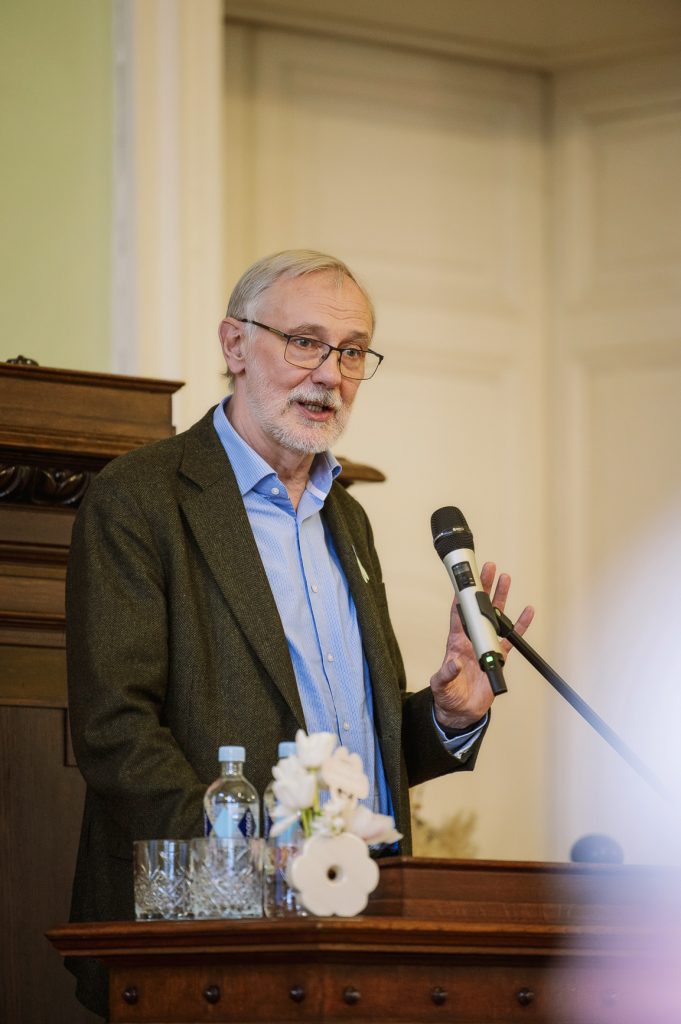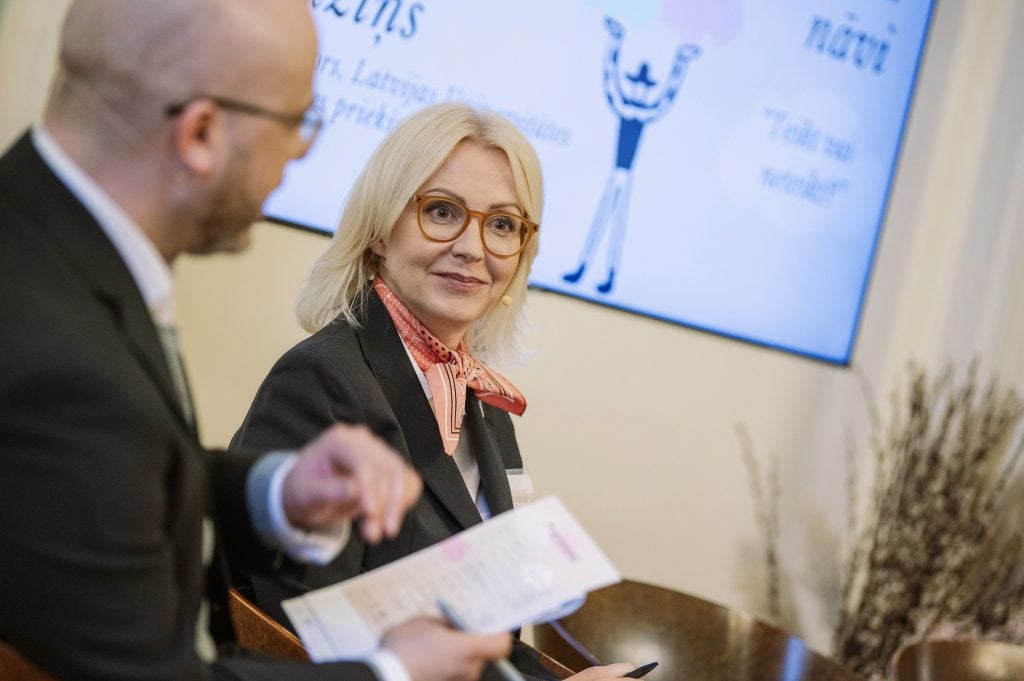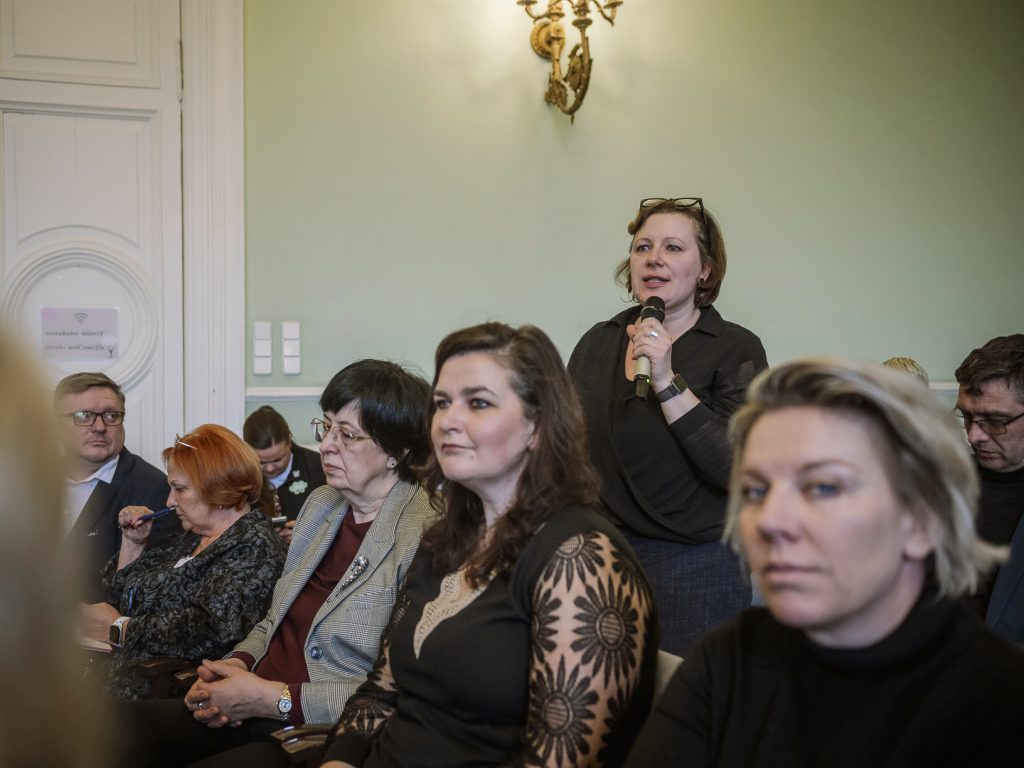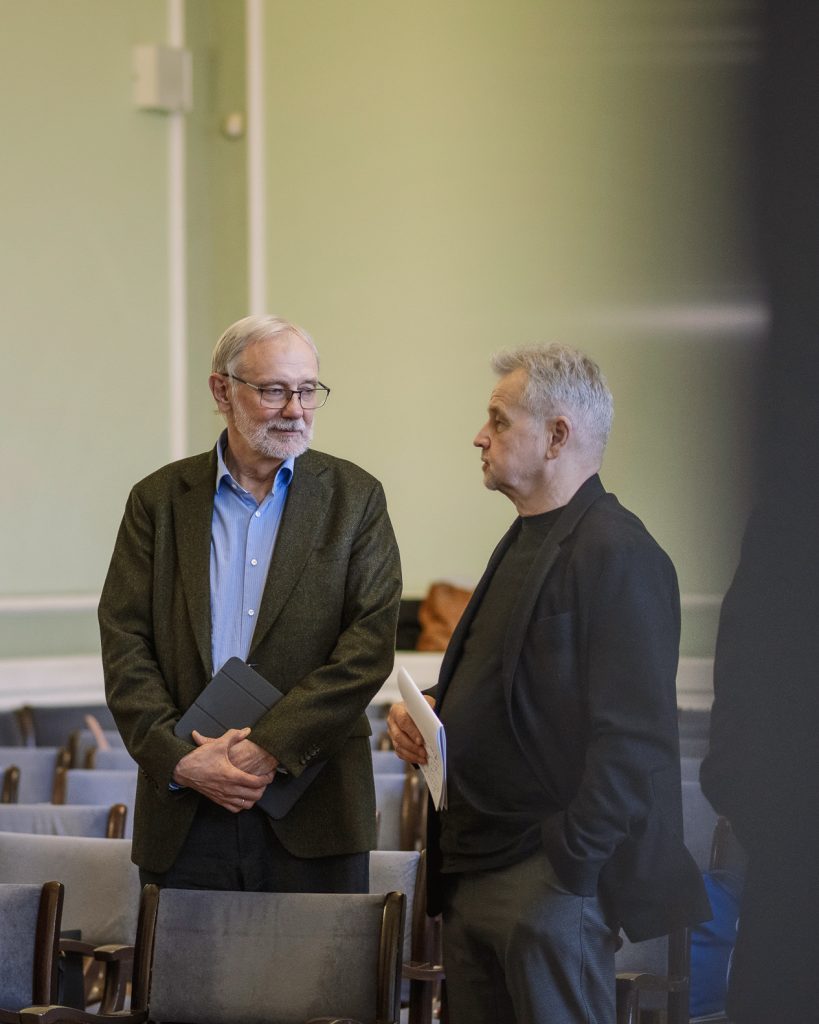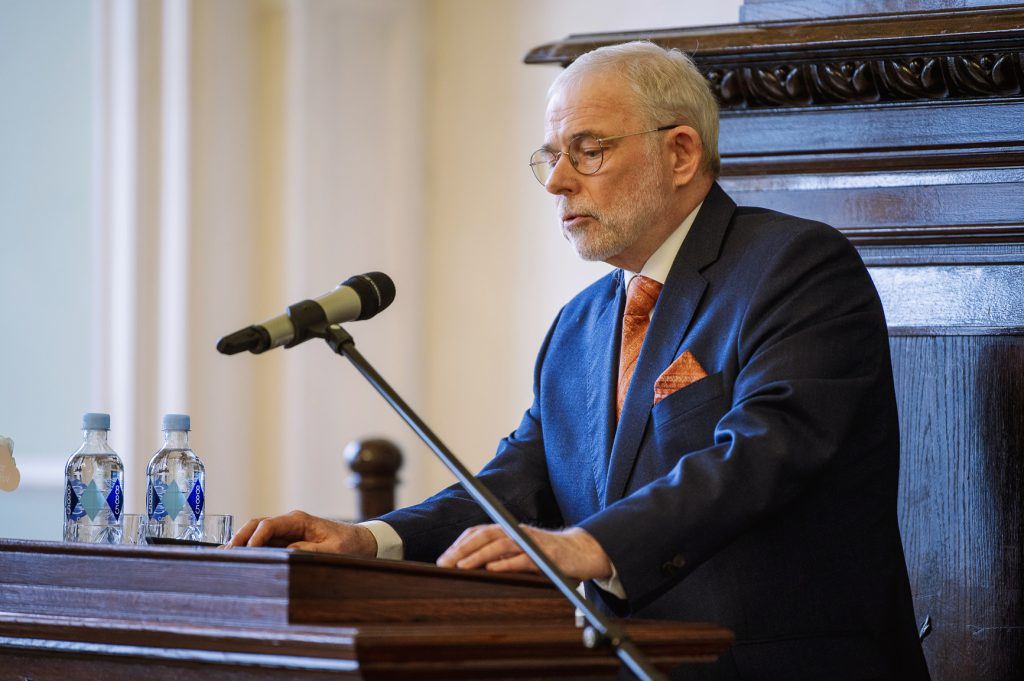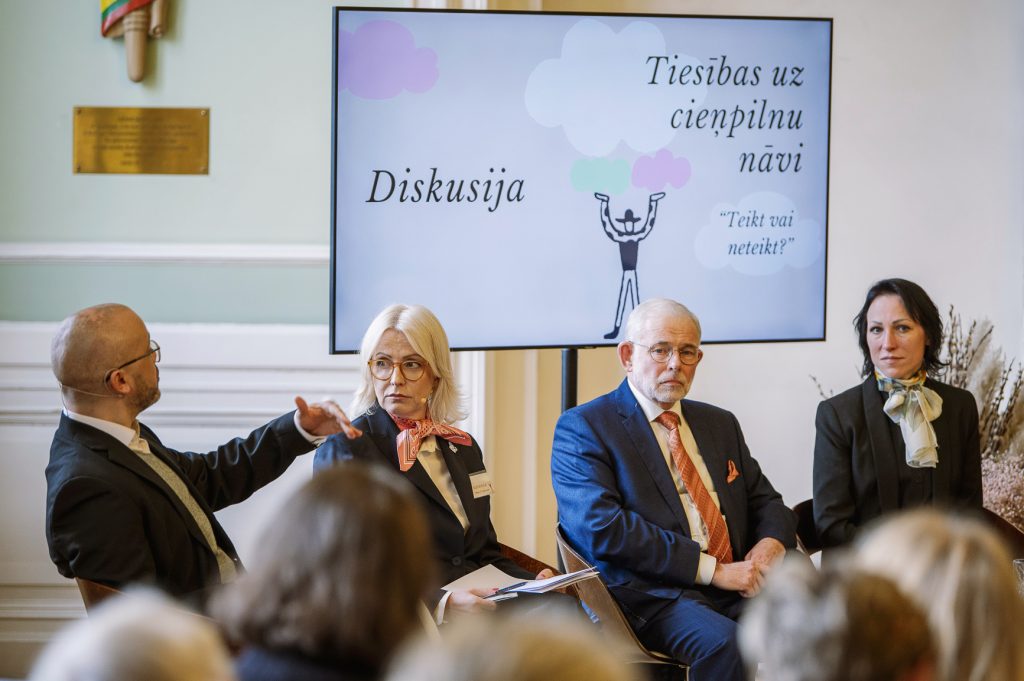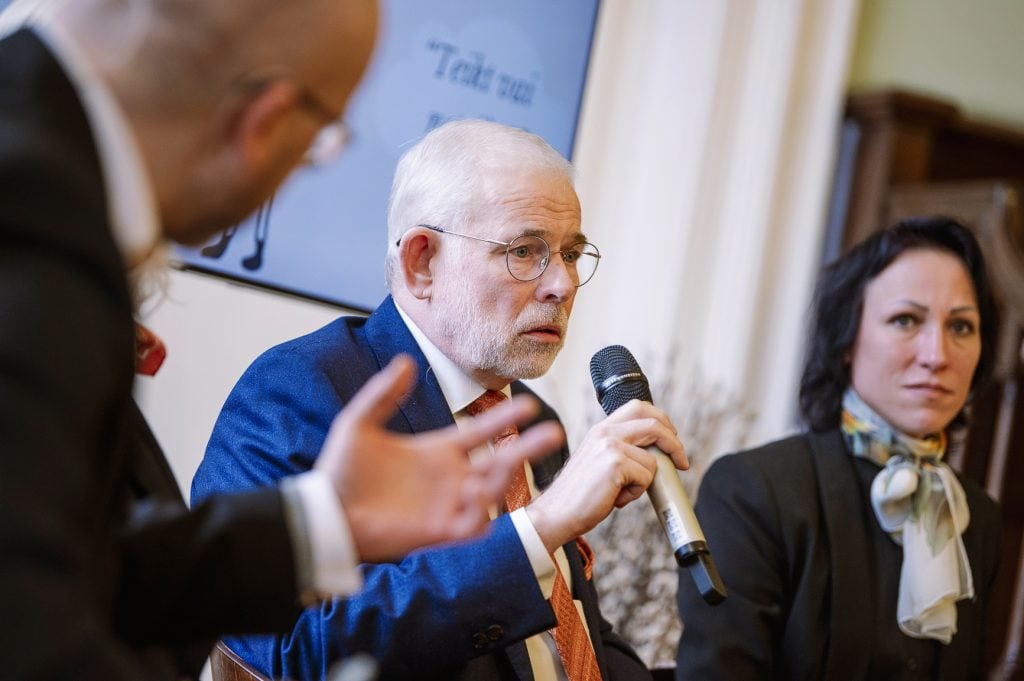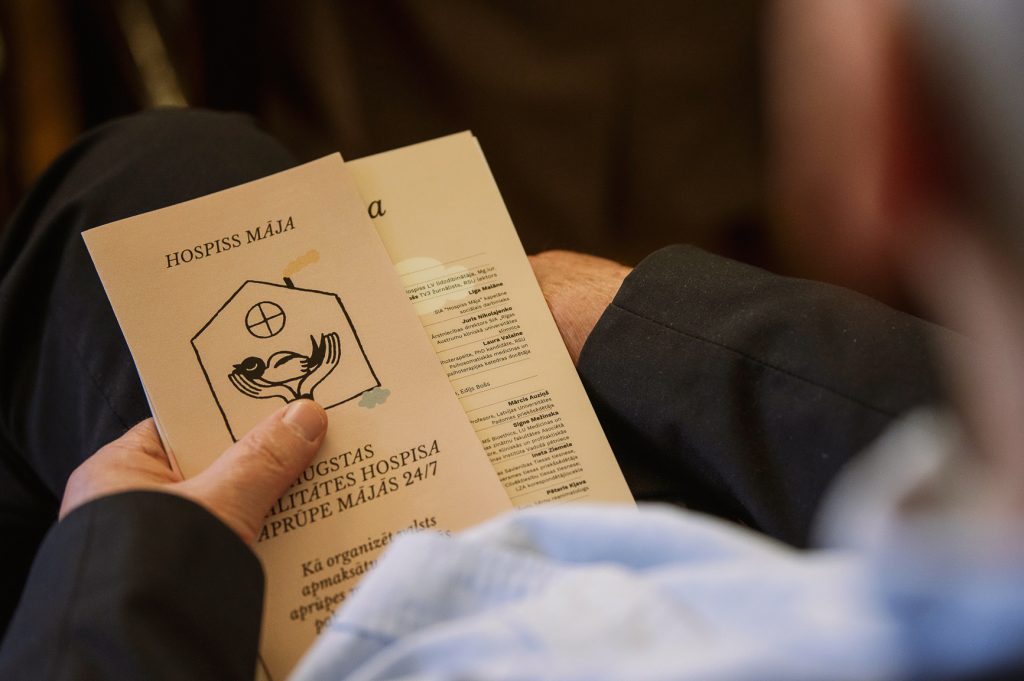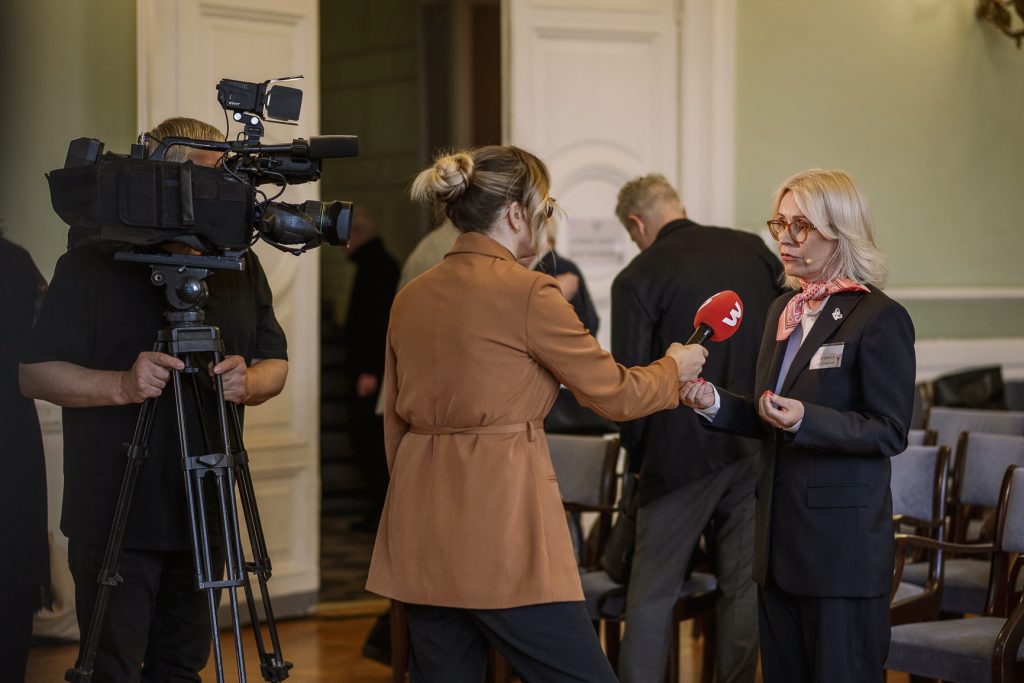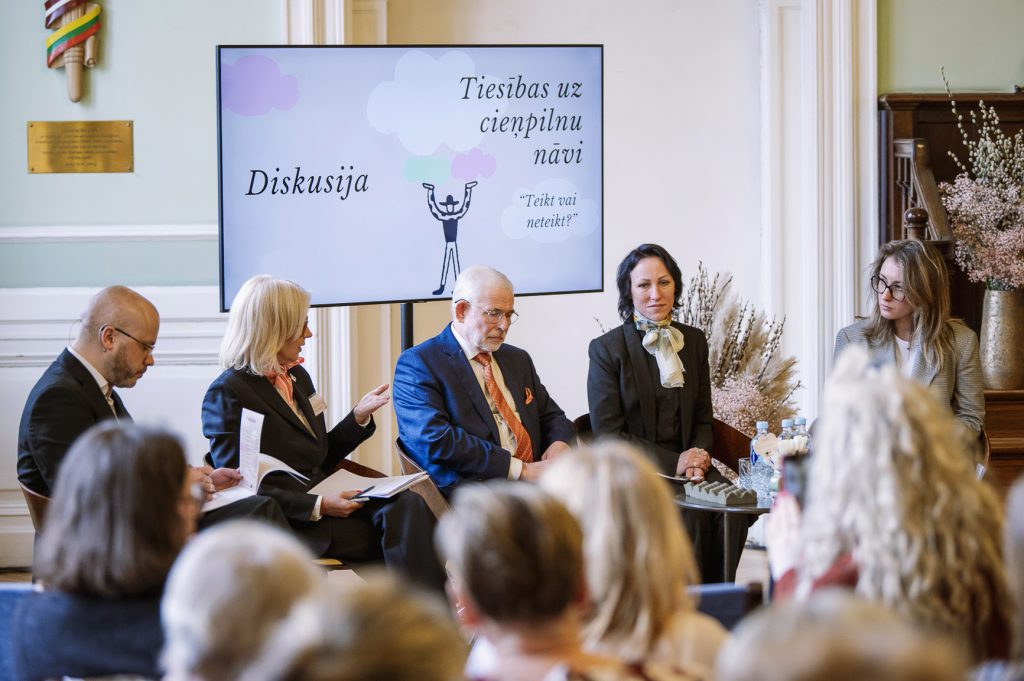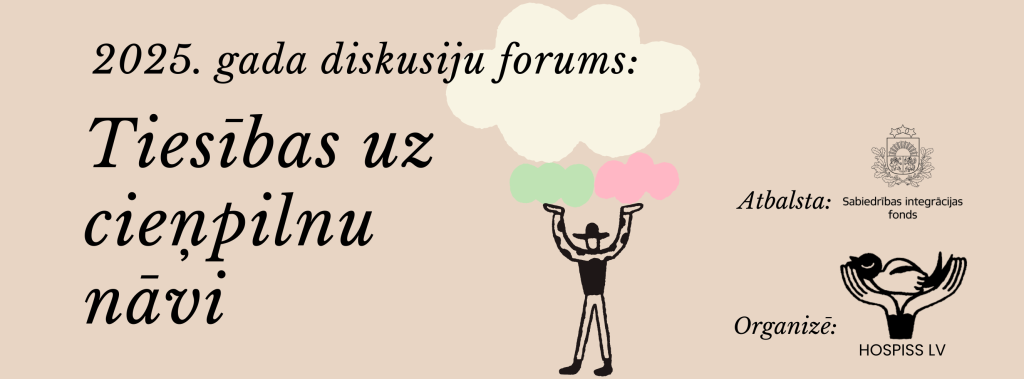The record number of visitors shows that society is increasingly interested in understanding and talking about death and respect at the end of life. Discussions focused on real anonymised cases from practice where patients wanted to know the truth but it was withheld, denying them the opportunity to reflect on how they would like to spend the end of their life or to care for those left behind before they go, finding peace. In another case, the truth was announced suddenly and without the patient having been prepared and his or her wishes clarified. The speakers also stressed that each case is individual and that it is necessary to get to know each patient in order to understand how and when to tell the prognosis. There may be cases when the person does not want to know immediately, but thoughts and wishes may change, so one should be prepared to wait, to talk when the patient is ready.
At the same time, the speakers urged families not to be afraid to talk about these issues in order to find out what their relatives want - both whether they want to know their diagnosis and how they want to die. Such conversations prepare both the relatives and the patients and avoid the difficult dilemma of what to say or not to say when it comes.
The psychological aspect is also discussed, showing that the choice not to tell often stems from a desire to protect the patient from additional suffering, but in reality the relative or doctor is trying to protect themselves from a difficult conversation, a possible unknown reaction from the patient and their relatives. Projection - the attribution of emotions, thoughts, values to the other person. Psychotherapist dr. "If we want what is best, we have to find out from the other person exactly what will be best for them". It is also important not to make decisions under the influence of strong emotions; in such cases, one should wait until the first wave of emotions has passed and rational thinking can be switched on. Sometimes it is scary to say something because the one who knows has a kind of control over the other, over the situation, but when you say something, that control disappears and you have to face the unknown - how the other person will react.
Juris Nikolajenko, Medical Director of Riga East Clinical University Hospital, explained the medical community's perspective on the issue. Doctors are used to diagnoses and specific steps, protocols, codes, but the conversation about life expectancy is much broader, you have to be prepared for it and understand that the doctor's words and the way they are expressed can affect the patient psychologically - making them lose hope and give up or, on the contrary, pick themselves up. Both dr. Nikolajenko from a physician's perspective and bioethicist and professor Signe Mežinska from an ethical perspective stressed that the real question is not whether or not to say something, but how to say it. Similarly, dr. Nikolajenko highlighted another problem of contemporary society, stressing that death today has often become a "systemic function" that takes place in hospitals, distancing it from the everyday life of society, but death is an experience and we all have something to learn from it.
Judge Ineta Ziemele of the Court of Justice of the European Union shed light on the issue from the perspective of patients' rights, revealing the Court's opinion: "A terminally ill patient is in a state of increased vulnerability, which requires a compassionate attitude and high medical standards (...) that human dignity, and therefore the protection of that dignity, is a right which the State must ensure to the last breath, that the free will of the patient must be respected and ensured."
As usual, answers were also sought in religion, philosophy, literature and art. Professor Mārcis Auziņš, analysing the Book of Job, explained how to find peace in an unjust world, where good does not always triumph over evil, and where sometimes sacrifice is made to learn reconciliation. Doctor Peter Kļava conducted a real life audit, talking about both what we like and what we fear and avoid. He revealed the experiences of people who have been resuscitated, which are difficult to understand and explain to doctors and to other people who have not gone through this path. These experiences illuminate that the human being is not a body but a consciousness. Dr Kļava concluded with a simple but moving piece of advice to the Forum's visitors and audience: "Love everything, because everything is about to end, and at the moment of death it is love that converts into wisdom."
Hospiss LV would like to thank all the speakers for their insightful lectures, the sponsors and volunteers for their faith and help in making the Forum a success, and all the guests for their response and involvement!
The Right to a Dignified Death Forum 2025 is financially supported by the Society Integration Fund from the Latvian state budget.
Photo by Renārs Koris
